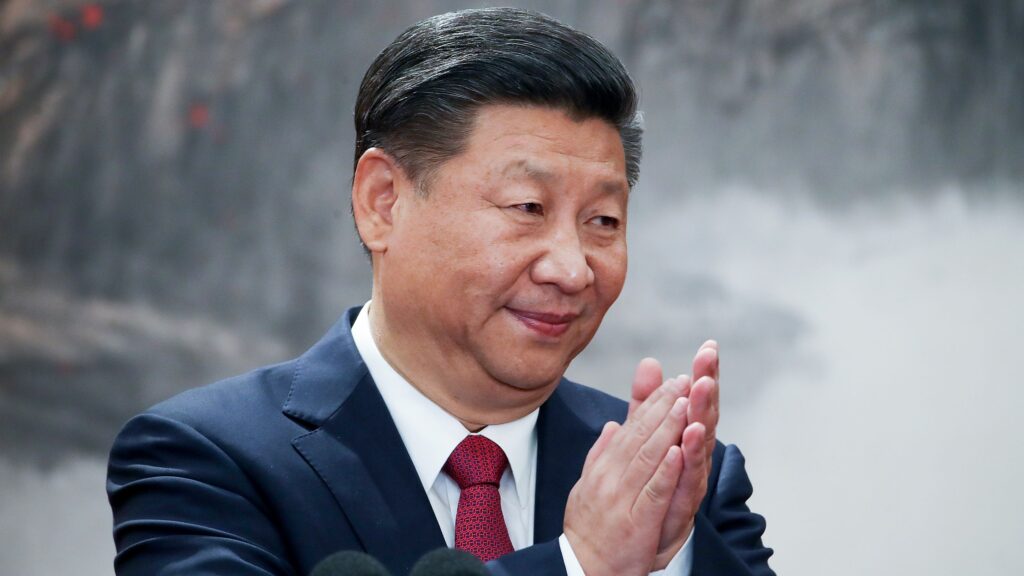China has released a comprehensive guideline aimed at accelerating the integration of artificial intelligence (AI) into critical areas of national development, signaling its ambition to position AI as a cornerstone of economic and social transformation.
According to the plan, by 2027, AI is expected to be deeply embedded in six major sectors: science and technology, industrial development, consumption upgrading, people’s wellbeing, governance, and global cooperation. The penetration rate of new-generation intelligent terminals and systems is projected to exceed 70 percent, with AI playing a growing role in public governance and the intelligent economy expanding rapidly.
By 2030, the vision is even more ambitious. AI is expected to empower high-quality development across all fronts, with over 90 percent of intelligent applications integrated into daily life. The intelligent economy is set to become a key engine of growth, fostering both technological accessibility and equitable sharing of benefits. Long-term projections extend to 2035, when China aims to achieve a new era of intelligent economic and social development, with AI providing strong support for socialist modernization.
To meet these objectives, the guideline outlines eight key supporting capabilities. These include boosting the performance of basic AI models, innovating data supply mechanisms, managing computing power more effectively, creating a robust application development environment, advancing the open-source ecosystem, strengthening talent development, establishing sound regulatory frameworks, and enhancing security measures.
“The deep integration of technological innovation in AI and industrial advancements can accelerate the transformation and upgrading of traditional industries, while also opening new pathways for strategic emerging and future industries,” said Huo Fupeng, an official with the National Development and Reform Commission.
Huo emphasized that by 2030, AI could contribute more than 100 trillion yuan (approximately $14 trillion) to the global economy, making it one of the most important growth drivers worldwide. Beyond economic benefits, the application of AI is expected to significantly improve scientific research capabilities and enhance urban governance, underscoring its role as both a technological and societal catalyst.
With this roadmap, China is signaling not only its determination to lead in AI development but also its commitment to reshaping global standards in technology and governance.

